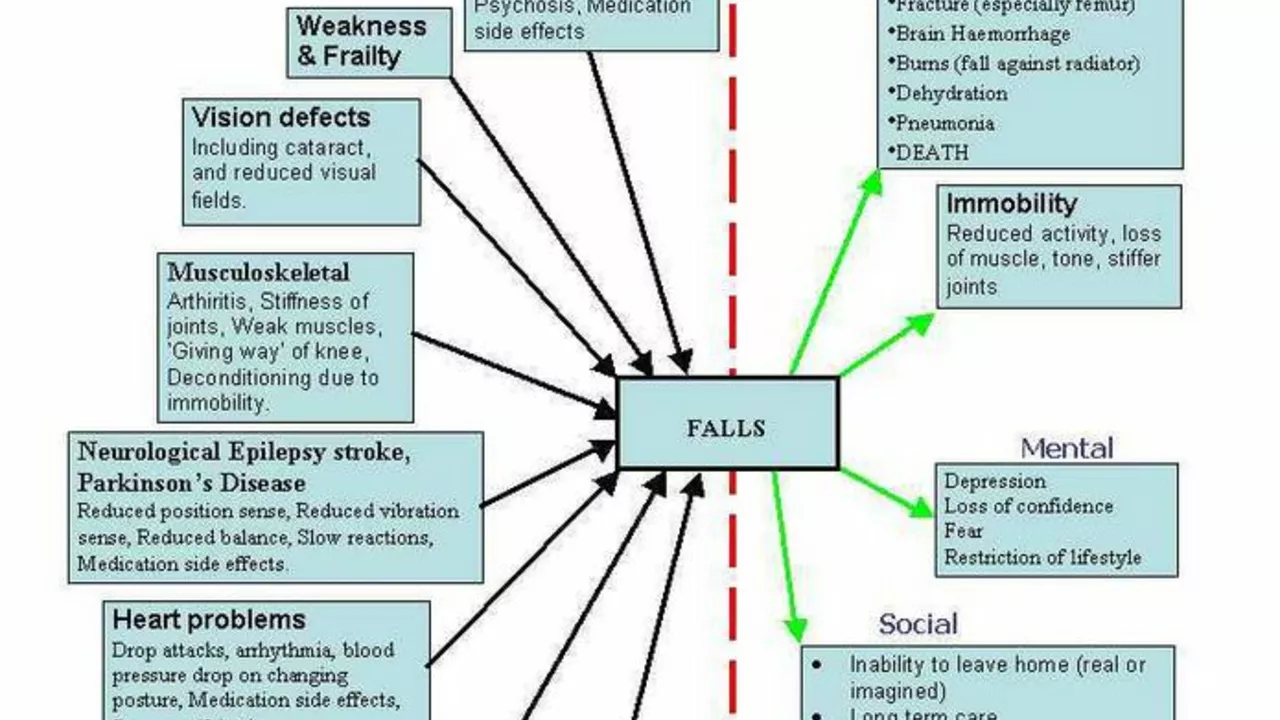Side Effects: Spot, Understand, and Manage Medication Reactions
Side effects are the reason many people get anxious about new meds. Some reactions are mild and short-lived — like nausea, drowsiness, or a dry mouth — and others need fast medical care, such as difficulty breathing, swelling of the face, or signs of liver damage. Knowing which is which saves time and sometimes prevents serious harm.
How to tell mild from dangerous
Mild side effects usually start soon after you begin a medicine and fade in days to a few weeks. Common examples are upset stomach after antibiotics or slight sleepiness with some antihistamines. Watch for red flags: sudden rash, fever, yellowing skin or eyes, severe stomach pain, fainting, or shortness of breath. Those need immediate help.
Timing gives clues. A reaction within minutes or hours can mean allergy. Problems that build over weeks — weight changes, mood shifts, or abnormal lab tests — often point to metabolic effects or cumulative toxicity. For example, some antipsychotics can cause weight gain and metabolic changes over months, while acetaminophen (Tylenol) can damage the liver after an overdose or long-term overuse.
Practical steps to manage side effects
Start simple: read the leaflet, check active ingredients, and ask the pharmacist about common reactions and interactions. Keep a short diary: note when you took the drug, what changed, and for how long. That makes conversations with your prescriber much clearer.
If a side effect is tolerable and expected, your clinician may lower the dose, switch brands, or suggest coping measures — like taking pills with food for nausea or using sugar-free candy for dry mouth. Never stop a medicine suddenly without checking, especially for drugs like steroids, some psychiatric meds, or heart medicines — abrupt stopping can cause harm.
If the reaction is severe or involves breathing trouble, high fever, widespread rash, fainting, or signs of organ damage (yellow eyes, dark urine, extreme tiredness), seek emergency care. For uncertain but worrying symptoms, call your doctor or local emergency line.
Report side effects. Many countries have a drug safety agency where patients can file reports. Reporting helps identify rare but serious problems. Also tell your pharmacist about all medicines and supplements you take — interactions are common and often hidden.
Use the site as a resource. We cover specific risks for common drugs — from antibiotics and antivirals to supplements and psychiatric meds — with clear notes on what to watch for. Examples on this site include articles about Tylenol, olanzapine (Zyprexa), chloramphenicol toxicity, and pregnancy-related drug risks. Read those pages if you take those drugs, and bring questions to your care team.
Last tip: know your baseline. If you track weight, mood, sleep, and basic labs when starting a long-term drug, you’ll spot changes faster. That makes side effects easier to manage and keeps treatment working for you.
Next-Generation GLP-1 Agents: What You Need to Know About Safety and Side Effects
Next-generation GLP-1 agents like retatrutide and orforglipron offer unprecedented weight loss but come with serious side effects and long-term safety questions. Learn what's known - and what's still uncertain.
VIEW MORETop Medication Safety Questions to Ask at the Pharmacy Counter
Learn the top 10 medication safety questions to ask your pharmacist to avoid dangerous interactions, side effects, and dosing errors. Simple conversations can prevent hospital visits and save lives.
VIEW MOREAnastrozole in Endocrine Therapy: Benefits, Risks, and Patient Guide
Clear, evidence-based guide to anastrozole in endocrine therapy: who benefits, real-world risks, dosing, side-effect fixes, and how it compares to tamoxifen and other AIs.
VIEW MORETylenol: Uses, Safety, and What You Need to Know Now
Tylenol, made from acetaminophen, is found in nearly every household medicine cabinet—often the first stop for headaches, fevers, and muscle aches. This article uncovers what makes Tylenol different from painkillers like ibuprofen, how to use it safely, and who should think twice before reaching for that little red bottle. Dive into tips, lesser-known facts, and practical advice on managing pain without risking your health. Find out about dosage, risks, and how to spot trouble early—so you don't end up like the guy in the ER wishing he'd read this first.
VIEW MOREZyprexa Guide: Uses, Side Effects, and What to Know About Olanzapine
Discover what Zyprexa (olanzapine) is, how it works, and what you should know before taking it. Uncover real-life facts about its side effects, effectiveness, and crucial tips for those considering or already using this antipsychotic. This article dives deep into the uses, pros, and cons, debunking myths with plain-talk honesty. Get informed so you can have confident conversations with your doctor.
VIEW MOREThe Connection Between Pramipexole and Vision Changes
Alright folks, buckle up because we're diving into a wild topic today. You ever heard of Pramipexole? It's a drug that's often used to treat Parkinson's disease and restless legs syndrome, and it's been causing quite a stir lately. Now, don't worry, it's not because of any zombie-like side effects, but rather because it seems to have a link to vision changes. Yes, you heard it right, this little pill might just be meddling with our peepers. It's a crazy world we live in, isn't it?
VIEW MOREManaging Side Effects of Cilostazol: Tips and Tricks
In my recent blog, I've shared some practical tips for managing the side effects of Cilostazol, a medication commonly used for treating intermittent claudication. It's critical to always follow the doctor's prescription to minimize potential side effects like headaches or diarrhea. Drinking plenty of fluids, eating a balanced diet, and getting regular exercise can also help manage these symptoms. Additionally, I've emphasized the importance of regular check-ups to monitor your condition while on this medication. Remember, everyone reacts differently to medication, so it's crucial to communicate any discomfort or side effects to your doctor immediately.
VIEW MOREAmitriptyline and Sexual Dysfunction: What You Should Know
In my latest blog post, I delve into the connection between Amitriptyline, a commonly prescribed antidepressant, and sexual dysfunction. The medication, while effective at treating depression, can unfortunately lead to sexual side effects in some users. These issues can range from reduced sexual desire to difficulty achieving orgasm. It's important to note that not everyone will experience these side effects and there are alternative treatments available if you do. Remember, it’s always important to discuss any concerns with your doctor to ensure your treatment plan is working for you.
VIEW MORE







